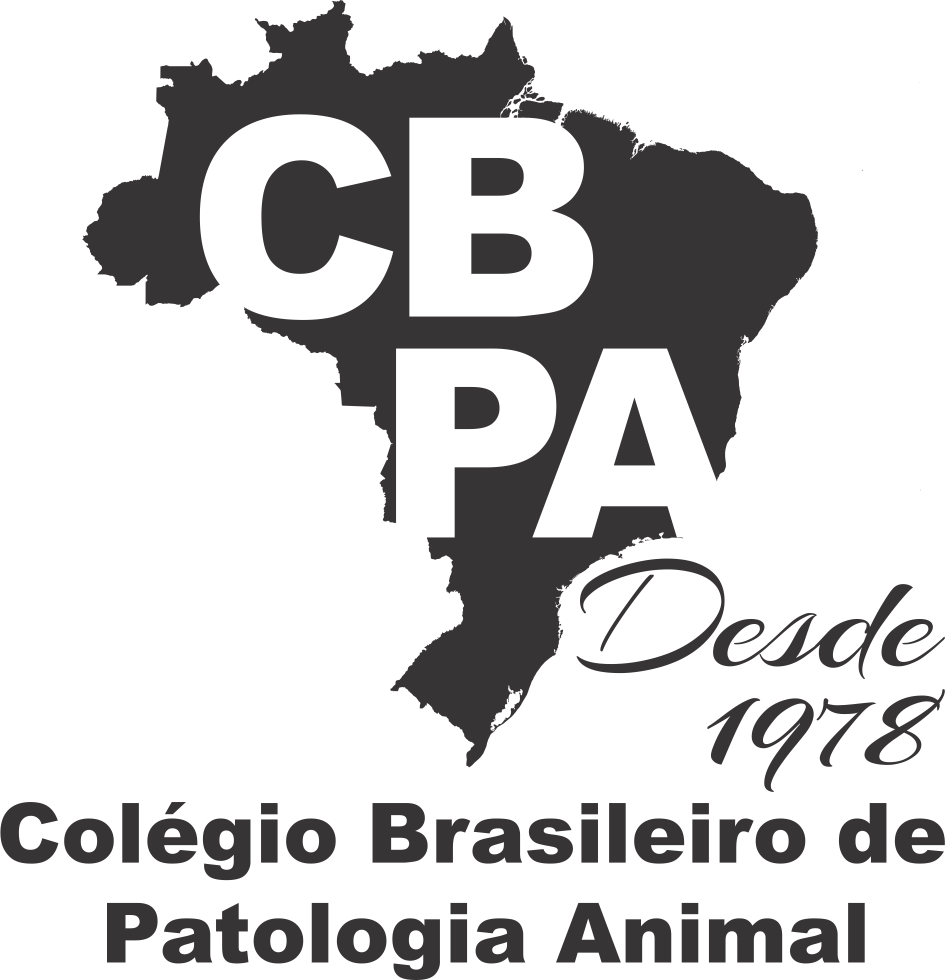Resultado da pesquisa (1)
Termo utilizado na pesquisa endemia
#1 - Molecular and serological detection of Leishmania spp. in horses from an endemic area for canine visceral leishmaniasis in southeastern Brazil
Abstract in English:
This study aimed to verify the occurrence of Leishmania spp. and Leishmania (Leishmania) infantum in horses from a visceral leishmaniasis endemic area in Brazil. DNA samples from blood and conjunctival swab (CS) were tested by PCR and Indirect Immunofluorescence Antibody Test (IFAT). Although none of the horses was clinically sick, animals infected by Leishmania spp. were found and some could be characterized as infected by L. (L.) infantum. From 40 horses, 100% of the animals were positive by blood PCR, 90% (36/40) by CS PCR, and 2.5% (01/40) in serodiagnosis, by IFAT. Six from these 40 horses were L. (L.) infantum positive by blood PCR. Direct sequencing and analysis of amplicons resulted in a sequence to evolutionary analysis. Results indicate the presence of Leishmania spp. and L. (L.) infantum infecting healthy horses in Brazil. The presence of Leishmania spp. and L. (L.) infantum DNA in asymptomatic horses suggests that they can be important reservoirs of these parasites, a highly relevant finding for the epidemiological surveillance of the diseases they cause.
Abstract in Portuguese:
O estudo objetivou verificar a ocorrência de Leishmania spp. e Leishmania (Leishmania) infantum em cavalos de uma região endêmica para leishmaniose visceral do Brasil. Amostras de DNA de sangue e suabe conjuntival (SC) foram testadas pela PCR e pela Reação de Imunofluorescência Indireta (RIFI). Embora nenhum cavalo estivesse clinicamente doente, animais infectados por Leishmania spp. e L. (L.) infantum foram encontrados em Ilha Solteira/SP. Dos 40 cavalos, 100% (40/40) foram positivos pela PCR de sangue, 90% (36/40) pela PCR de SC, e 2,5% (01/40) no sorodiagnóstico, pela RIFI. Seis desses 40 cavalos foram positivos para L. (L.) infantum pela PCR de sangue. O sequenciamento direto e a análise dos amplicons resultaram em uma sequência para análise evolutiva. Os resultados indicam a presença de Leishmania spp. e L. (L.) infantum infectando cavalos saudáveis no Brasil. A presença de DNA de Leishmania spp. and L. (L.) infantum em cavalos saudáveis sugere que eles podem ser importantes reservatórios desses parasitas, um achado altamente relevante para a vigilância epidemiológica das doenças que causam.









